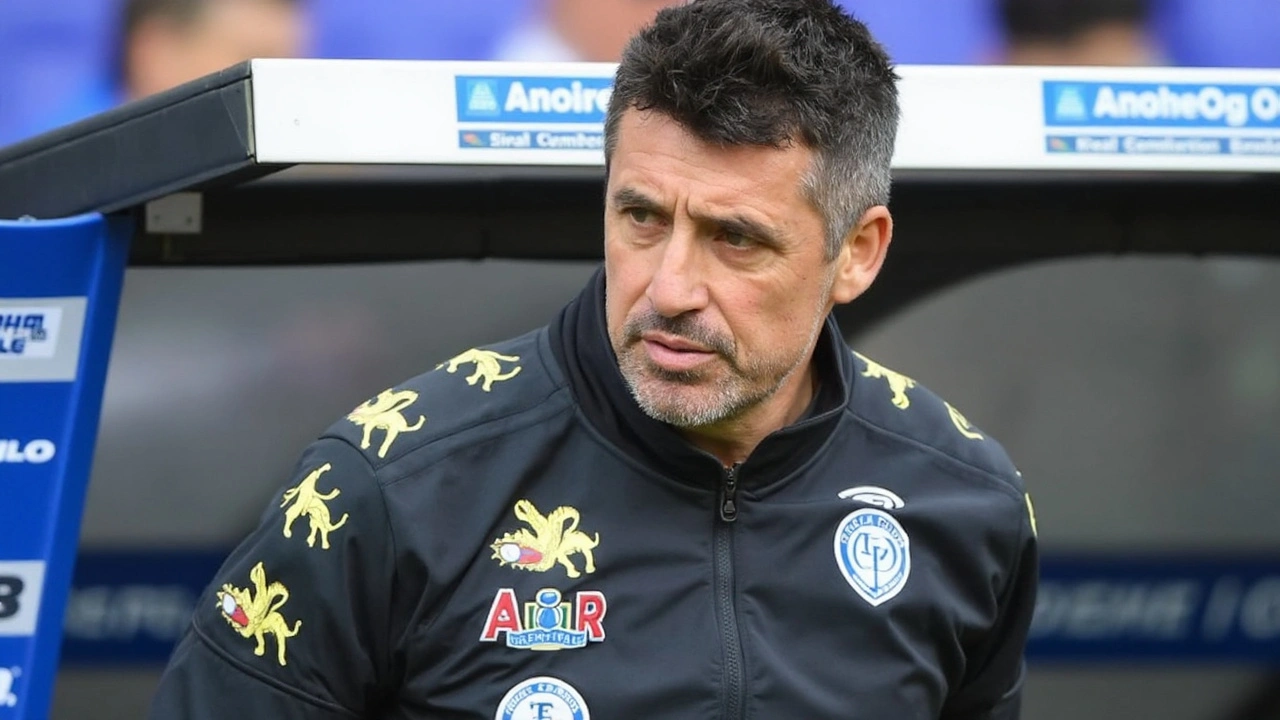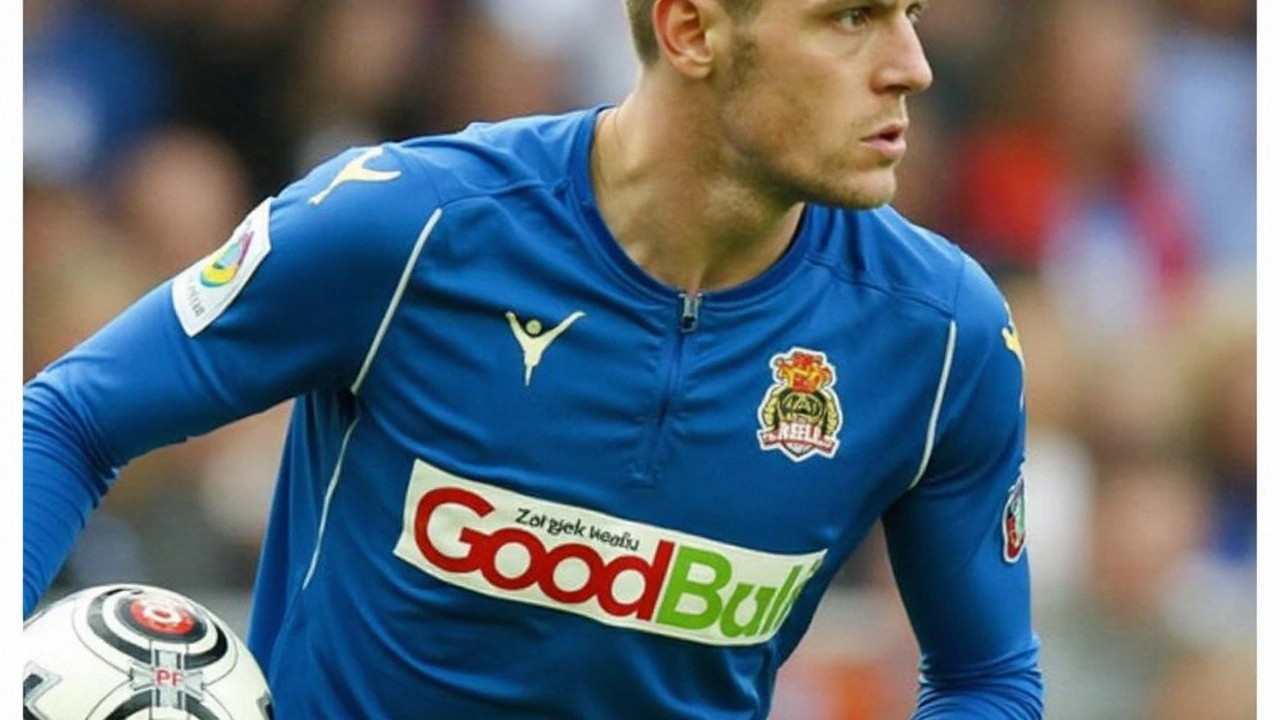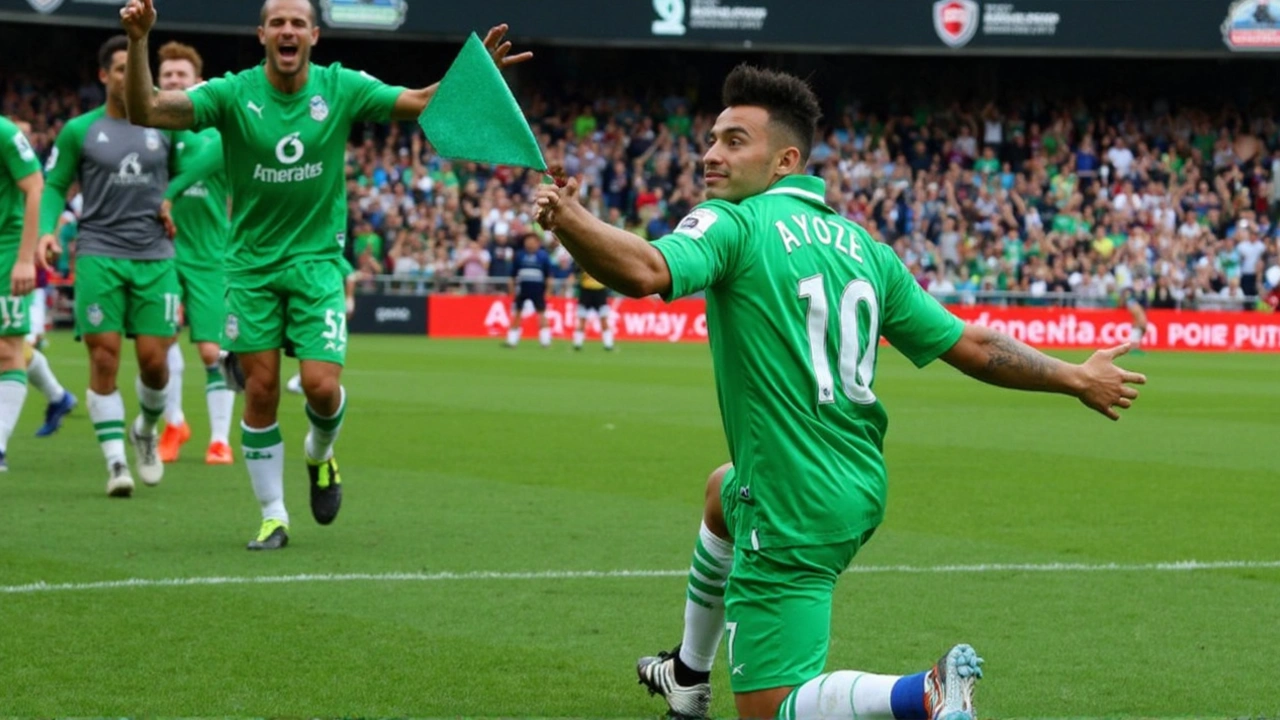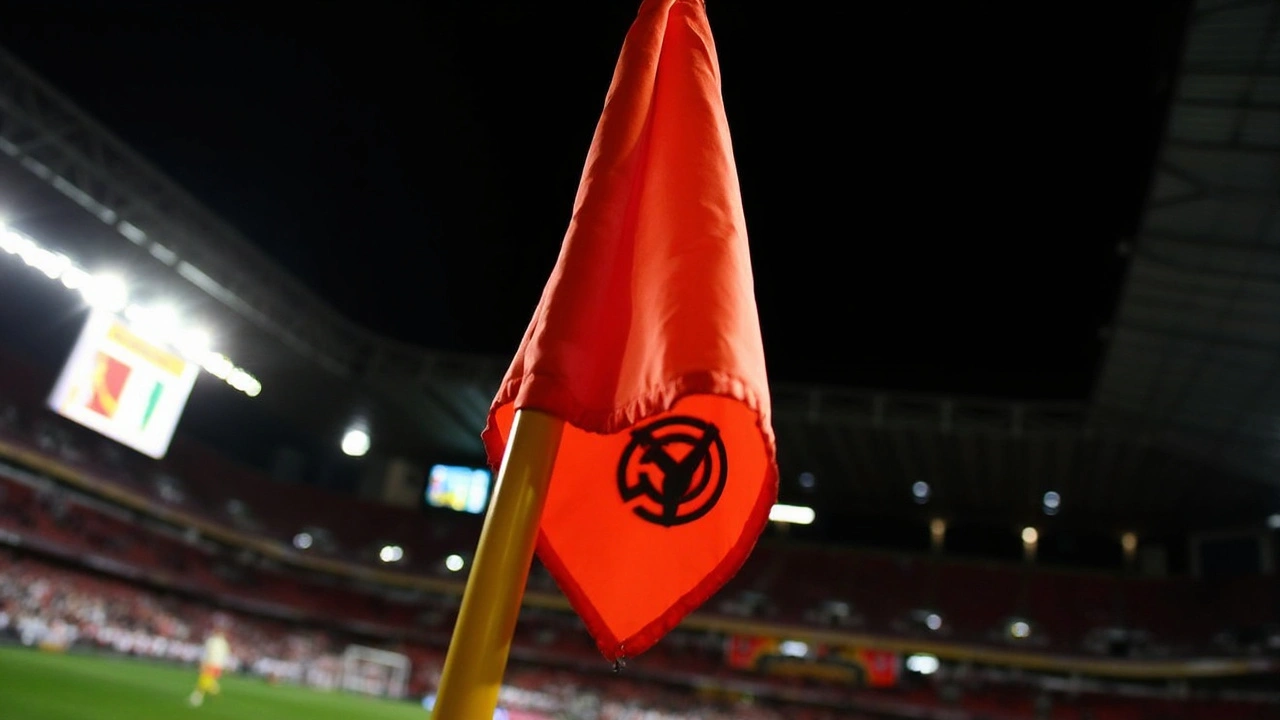LeBron James' Vision for Education
LeBron James is not just known for his prowess on the basketball court; his efforts in educational philanthropy are equally noteworthy. In 2018, he founded the I Promise School in his hometown of Akron, Ohio, with the aim of providing a sanctuary for students who had been identified as the worst performers in the Akron public school system. These were students grappling with behavioral issues and at risk of dropping out entirely. The school's mission was ambitious: to turn struggling students into academic achievers by creating a holistic support system.
Initial Successes and Unique Approach
From the outset, I Promise School adopted a unique educational paradigm. The curriculum was tailored to meet the individual needs of each student, with a focus on personalized learning plans. This approach seemed to bear fruit in the beginning. In the first year, a remarkable 90% of the third and fourth graders either met or exceeded their individual growth goals in subjects like reading and math. These early victories were a testament to the school's innovative methods and the dedication of the faculty.
Funding and Support
One of the school's most distinguishing features is its funding. Unlike typical district schools, I Promise receives extra financial support from the LeBron James Family Foundation. This additional funding covers not only the basic necessities like building renovations and free school uniforms but also extends to bicycles, meals, and even GED and job placement services for parents. The school's resources are abundant, setting it apart from traditional institutions in the area.
Long-Term Challenges
However, despite these advantages, the school has faced significant challenges. A recent evaluation of the inaugural third-grade class revealed alarming results: not a single student had passed the state's math test. The overall test scores in English and science were equally troubling. These findings have caused some critics to question the efficacy of the school's methods and the substantial resources poured into it.
A Philosophy Beyond Test Scores
To understand the broader picture, it's essential to grasp the school's underlying philosophy. The leadership at I Promise emphasizes that education is about more than just test scores. They argue for a more comprehensive evaluation of student success, one that considers emotional and social development alongside academic achievements. This approach is rooted in the belief that children, especially those from underprivileged backgrounds, need more than just academic instruction to succeed.
Teacher Turnover and Systemic Issues
Another challenge that the school faces is high teacher turnover. The demanding nature of teaching at I Promise, coupled with the need to address various student issues, has led to burnout and frequent staff changes. This instability can disrupt the learning environment and make it hard to maintain the consistency needed for academic improvement.
Community and Parental Involvement
On the positive side, the school's community and parental involvement initiatives are noteworthy. By offering GED programs and job placement services for parents, the school aims to uplift entire families, believing that a stable home environment is crucial for student success. This holistic approach is innovative but also adds layers of complexity in measuring the school's overall impact.
Supporters vs. Critics
The school's supporters argue that it takes time to see meaningful change and that the unique challenges the students face require patience and ongoing support. They emphasize the importance of continuing the dialogue around educational reform and looking beyond mere test scores. On the other hand, critics express disappointment, questioning whether the school's methods are effective despite its ample resources.
The Broader Debate on Educational Reform
The debate surrounding I Promise School's performance brings to the forefront larger questions about educational reform. How do we measure success? Is it solely through standardized test scores, or do we need to adopt a more nuanced evaluation system? The ongoing discourse highlights the complexities of addressing systemic issues within public education, especially for students who start with significant disadvantages.
As we continue to watch I Promise School's journey, one thing is clear: the endeavor to reform education is fraught with challenges and uncertainties. LeBron James' venture into education reminds us that while resources and innovative approaches are crucial, they are not foolproof solutions. It calls for a collective effort, critical evaluation, and an unwavering commitment to the belief that every child deserves the opportunity to succeed.





